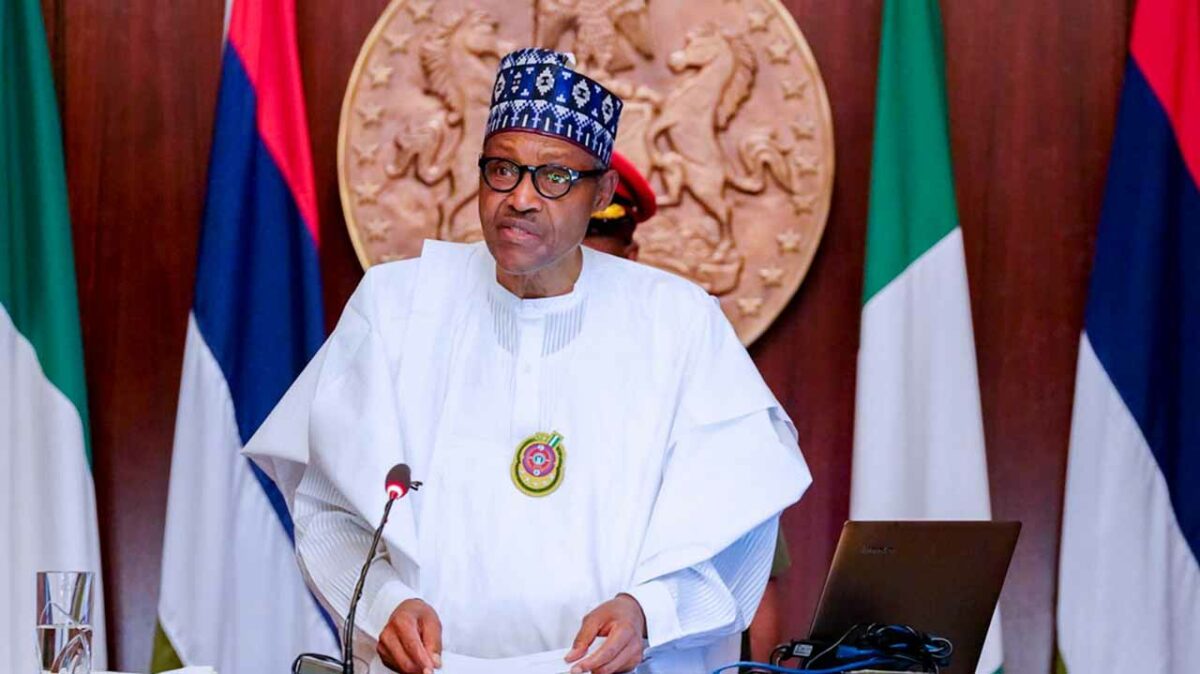In a development that signaled a welcome, fresh attention to the beleaguered economy, the Federal government on Wednesday inaugurated a Steering Committee to oversee the articulation of the ‘Nigerian Agenda 2050 and Medium Term Development Plan’.
The new dispensation is intended to replace the Vision 2020 programme as well as the ‘Economic Recovery and Growth Programme’ (ERGP). With the Minister of Finance and National Planning Zainab Ahmed as well as Peter Atedo Peterside – a multi-role player in the country’s private business sector, as the joint chairmen of its National Steering Committee. ‘Agenda 2050’ has among other goals, the lifting of 100 million Nigerians out of poverty within the next ten years – that is by the year 2030 when the country’s population is expected to be 260 million and the ratio of the poor will stand at 25%. This will be an improvement on the present situation whereby over 90 out of the 200 million Nigerians, comprising 45% live below the poverty line.
As a successor programme to the ‘Vision 2020’ as well as the ERGP, ‘Agenda 2050’ is to guide the economic intervention initiatives of government up to the target year when the country’s population will hit the World Bank projection of 400 million, which will place the country as the third most populous country in the world. The President had in the same light expressed his expectation that the Steering Committee “will oversee the execution of key derivables including recommending measures to ensure the continuous implementation of the plans even after the expiration of the tenure of successive administrations, including legislation if required”.
As a perspective plan to succeed the legacy initiatives of Vision 2020 and the ERGP, ‘Agenda 2050’ remains welcome, especially as it evokes lessons from the fortunes or otherwise of its predecessors mentioned above. The first step for the Steering Committee however is to consider the legacy plans as having failed technically given the wide discrepancy between their stated objectives and the outcomes from their implementation. And given that the ‘Agenda 2050’ is expected to rise from the undeniably scanty foundation laid by the legacy initiatives, the government needs to provide for the Steering Committee a more conducive operational ambience to work towards the stated objectives of the new plan.
Due to the endemic nature of poverty in a country as Nigeria, its alleviation is a mission that demands fundamental restructuring of the economic, political and social conditions of the society. To achieve tangible dividends in that respect government needs to appreciate that it cannot on its own alone, achieve the goals of alleviating poverty within the framework of ‘Agenda 2050’, but needs the input from as wide a field of stakeholders as possible. To carry the stakeholders along the government needs to predispose the ‘Agenda 2050’ initiative to endear itself to other tiers of governance – namely states and local governments, succeeding administrations, the global community and rather mandatorily, the country’s private business sector – both organised and informal. This is where the government needs to build confidence in itself, through the institution of good governance practices such as the enthronement of the rule of law, along with transparency and accountability in governance. Such provide the only guarantee for actualization of the lofty goals of ‘Agenda 2050’.

 Join Daily Trust WhatsApp Community For Quick Access To News and Happenings Around You.
Join Daily Trust WhatsApp Community For Quick Access To News and Happenings Around You.